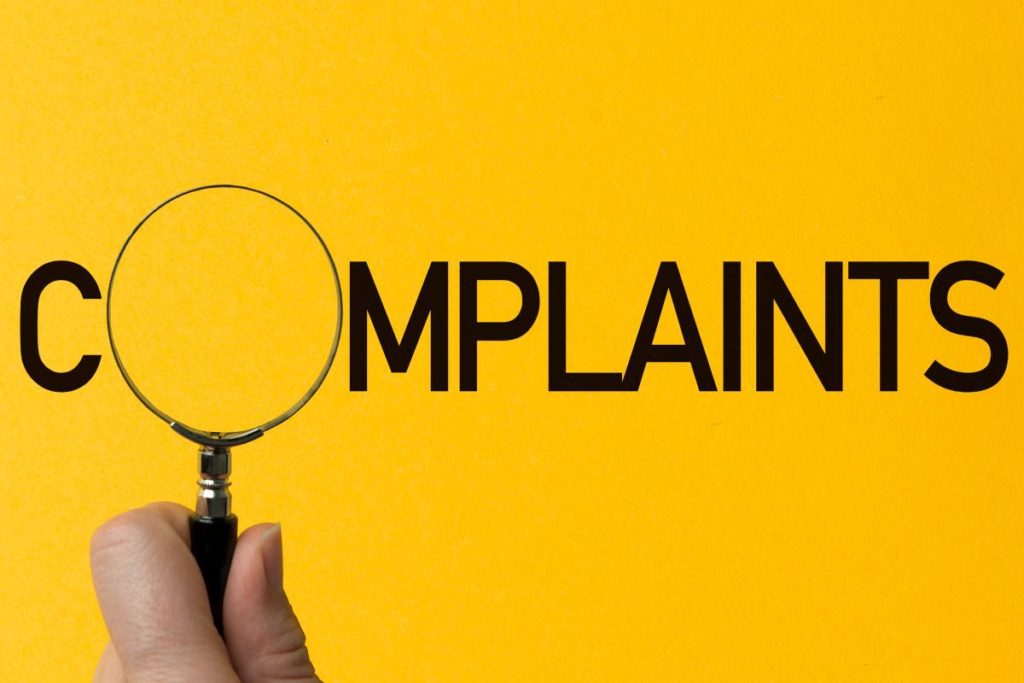As a licensed professional counselor, you use your education, knowledge, and experience to assist your clients through challenging times. However, you also are a licensed professional in Texas who must follow all professional and ethical standards that apply to your practice. Therefore, your license may be at risk when a current or former client complains about your services. In this situation, you should protect your license by enlisting the help of an experienced professional counselor’s license defense lawyer.
Processing Complaints Against Professional Counselors
The Texas Behavioral Health Executive Council (TBHEC) is an umbrella agency for four different licensing boards, including the Texas State Board of Examiners of Professional Counselors. TBHEC and its Board oversee the licensing of professional counseling and are responsible for investigating, prosecuting, and sanctioning licensees who violate laws and rules that apply to them.
The framework for BHEC’s handling complaints against professional counselors is found in 22 Tex. Admin. Code § 884. Although anyone may submit a complaint against a professional counselor, some special rules and requirements apply to complaints relating to court-ordered evaluations, court-ordered therapy, visitation facilitator services, or court orders on education law.
Once BHEC receives a complaint, it prioritizes the complaint under the guidelines outlined in 22 Tex. Admin. Code § 884.10:
- Cases involving a probability of imminent physical harm to the public or a member of the public;
- Cases involving sexual misconduct;
- Cases involving applicants for licensure; and
- Cases involving all other violations of state or federal law.
The Enforcement Division of BHEC will review the complaint within 30 days and determine if it falls within the agency’s jurisdiction and, if so, whether it states an allegation that violates the rules or laws governing BHEC. For instance, BHEC has jurisdiction to enforce the rules that apply to professional counselors under 22 Tex. Admin. Code § 681.31 et seq.
Assuming that the complaint meets these criteria, the Enforcement Division will assign an investigator to handle the complaint. The investigator will notify the licensee of the complaint and prepare an investigative report based on the results of their investigation. The report shall contain a recommendation as to whether there is sufficient evidence to establish probable cause that a violation has occurred.
If the Enforcement Division Manager and legal counsel for BHEC agree that probable cause exists that a violation has occurred, they will refer the complaint for an informal conference. A lack of probable cause will lead to the dismissal of the complaint.
Informal Conferences
Under 22 Tex. Admin. Code § 884.11, BHEC holds informal conferences to allow the licensee to respond to the complaint and provide evidence of compliance with the rules or law. Informal conferences may occur when legal counsel for BHEC reasonably believes that expert testimony is unnecessary to prove a violation of a standard of care or the scope of practice for the profession. The informal conference may include the presentation of witness testimony and evidence by both parties.
Participation in an informal conference is voluntary. Following the conference, BHEC may resolve the case by informal disposition, consisting of stipulations, conditional letter of agreement, agreed or consent order, or dismissal.
Administrative Hearings
If BHEC cannot reach a disposition of the complaint through the informal conference process, the case is referred to the State Office of Administrative Hearings (SOAH) as a contested case under 22 Tex. Admin. Code § 884.12. SOAH will assign an administrative law judge (ALJ) to hold an administrative hearing concerning the complaint. Following an administrative hearing, the ALJ will submit a proposal for decision (PFD) containing findings of fact and conclusions of law, and a recommended sanction, to BHEC. However, the Board must review all complaints involving the standard of care, ethical guidelines, or scope of practice and recommend BHEC before the final disposition. BHEC then must approve and enter all final orders where there is no agreement on the disposition of the complaint.
Click to contact our professional license defense lawyers today
Sanctions for Professional Counselors
22 Tex. Admin. Code §681.201 et seq. provides potential sanctions for professional counselors whom the Board finds have violated applicable rules or laws. The severity of sanctions ranges from Levels One to Five, with Level One sanctions being the most serious and Level Five Sanctions being the least serious:
- Level One – revocation of license
- Level Two – extended suspension of license
- Level Three – moderate suspension of license
- Level Four – probated suspension of license
- Level Five – reprimand
Additionally, professional counselors may be subject to administrative penalties of as much as $5,000 per violation per day of occurrence and a refund of all or a portion of the fees received from a consumer.
Alternatively, 22 Tex. Admin. Code §681.204 provides that the Board may resolve a complaint by issuing a warning letter or a conditional letter of agreement, which does not involve a formal disciplinary action.
Finally, 22 Tex. Admin. Code § 681.205 contains a table of violations and their corresponding level of sanction. This table informs licensees what level of sanction to expect if the Board determines that they have violated a particular code section.
Complete a Case Evaluation form now
Find Out More About Successfully Handling Your Disciplinary Proceedings
We want to help put you in the best position possible to protect your license. Contact the professional counselors’ license defense attorneys of Bertolino LLP, for assistance with your case. You can reach our offices by calling (512) 515-9518 or contacting us online.
Call or text (512) 476-5757 or complete a Case Evaluation form





